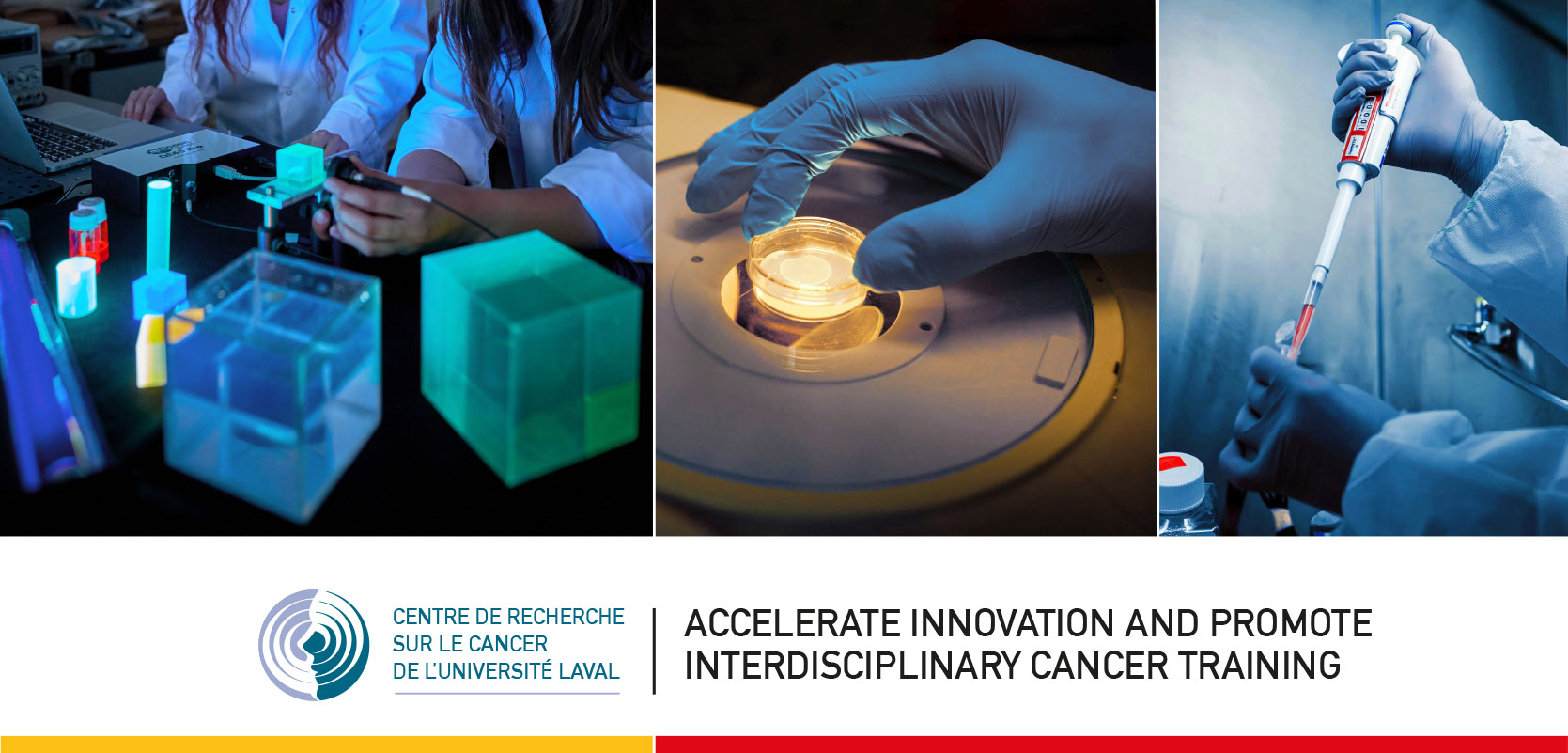A Success for the 2025 Edition of Zoom on Cancer Research
On June 1, 2025, the Cancer Research Center held a new edition of its flagship event, “Zoom on Cancer Research.” Thi ...
Jun. 11, 2025
The Cancer Research Center (CRC) brings together the vital forces of oncology research. Its mission is to ensure the full potential of cancer research and training at Université Laval.
